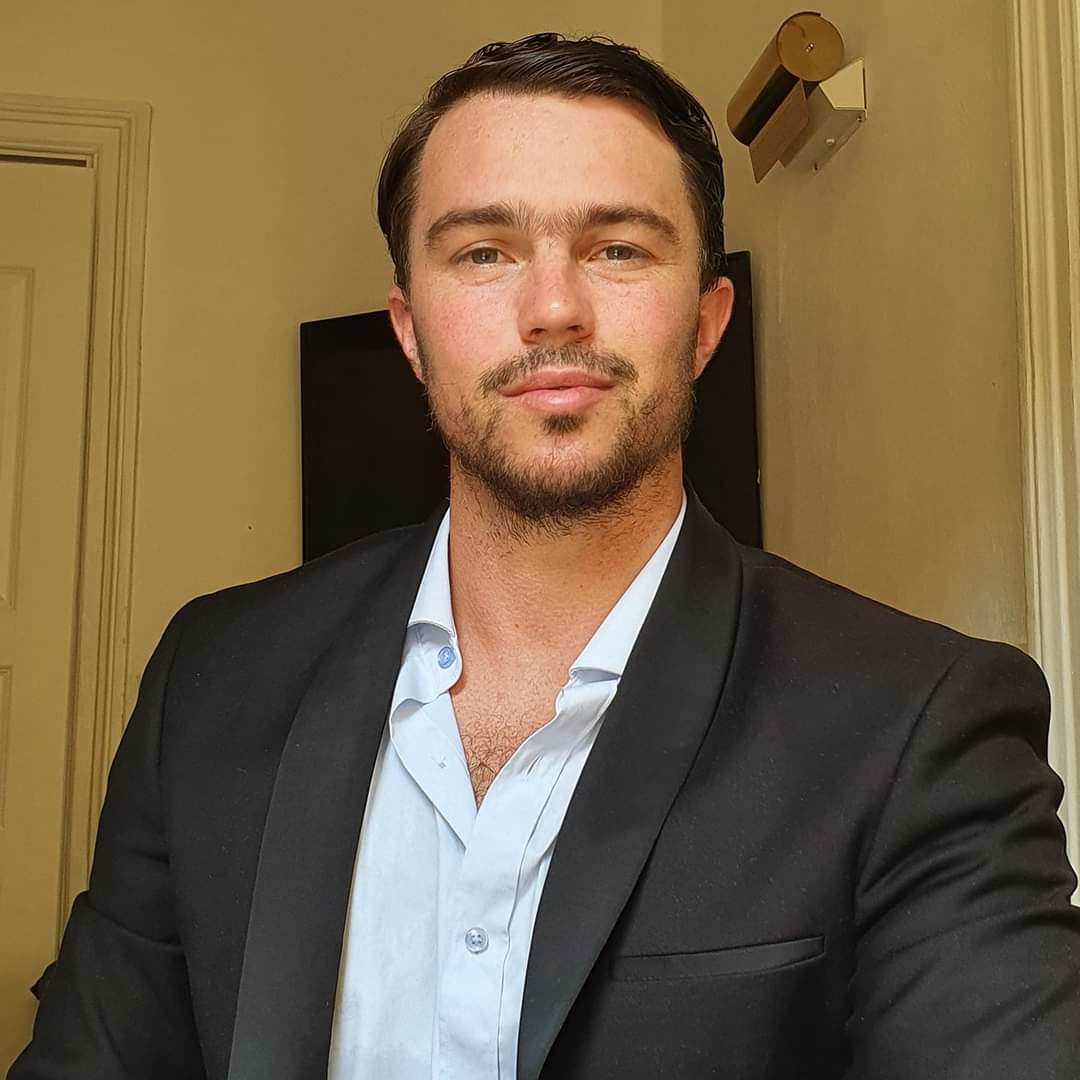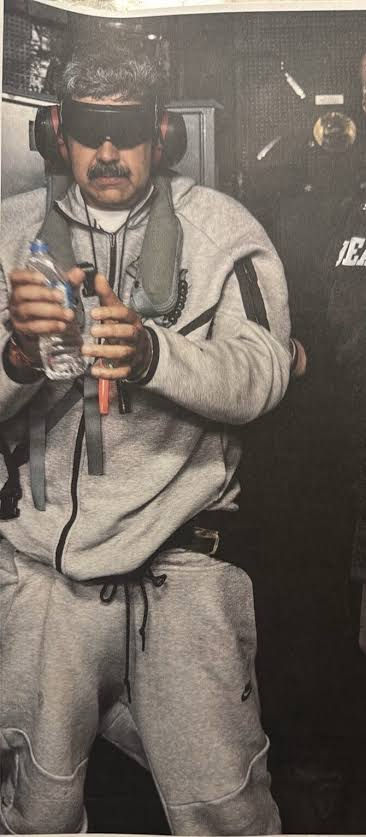What is happening in Sudan?
- Sebastian Palacios.

- Apr 26, 2023
- 3 min read
Two military forces are fighting to seize the power in Sudan, the third-largest country in Africa located south of Egypt with 46 million inhabitants. One side is led by the country's official leader, General Abdel Fattah al-Burhan, with around 300,000 soldiers of the regular army, and the other is a militia, called the Rapid Support Forces (RSF) that was created in 2013 to suppress a rebel movement in the Darfur region, west of the country. The RSF is led by General Mohamed Hamdan Dagalo, and he has 100,000 fighters under his command.
In 1956, the UK retreated completely from the territories it controlled along the Nile River, which resulted in Sudan gaining its independence. Following that, a democratic parliamentary system was tested in the early years, but multiple military coups led by either left or right-wing radicals created instability, favoring the emergence of Islamist movements. This exacerbated the rift between the Islamic North and Christian South. Differences in language, religion, and political values resulted in a long civil war that eventually led to the independence of South Sudan in 2011, which kept 75% of the oil reserves.
Between 1989 and 2019, Sudan suffered a 30-year-long military and Islamic dictatorship led by Omar al-Bashir, who was responsible for massive tortures, persecution of minorities, hosted Bin Laden in 1996, and waged the brutal war in the Darfur region. During his rule, the regime killed around 400,000 people, the country was subject to heavy international sanctions, 70% of the population is illiterate, and 35% still lives with less than US$2 per day.
Protests erupted in 2018, demanding Bashir's resignation, which resulted in a coup d'état on April 2019 ending with Bashir's imprisonment. A joint military-civilian government was established, but it was violently overthrown in October 2021 by current president, General Burhan, and his now rival, Dagalo, who served as his main Deputy. Both agreed to make the country transition into a more secular and civilian government, but this hasn't been successful.
Both sides accuse each other of not respecting their pact about including the 100,000-strong RSF into the army, and defining who would lead the new government. Dagalo has built a powerful militia that has intervened in conflicts in Yemen and Libya. He has also developed economic interests including controlling some of Sudan's gold mines.
Basically, both generals want to keep their positions of political power, and not lose the wealth and influence that go with it. Tensions exploded on April 15 this year, causing hundreds of deaths, forcing the evacuation of many embassies and expats from all over the world.
The conflict in Sudan is also the theater of world geopolitical tensions:
• Since 2014, Putin deployed the Wagner group, a private paramilitary force owned by his friend, Yevgeny Prigozhin, to gain control of the gold mines in Sudan, the third-biggest producer in Africa. This became a priority for the Kremlin as a way to counter sanctions that followed Russian annexation of Crimea. Through its affiliation with the Sudanese army, the Wagner Group has secured the right to mine Sudanese gold, bypass international sanctions and smuggle it. Also, Russia is set to sign an agreement with General Burhan to build a military base in Port Sudan, on the Red Sea. In exchange, Russia would send weapons and military equipment to his government.
• Regional powers Saudi Arabia and the United Arab Emirates have forged close ties with Burhan's government and the RSF because they sent thousands of fighters to support the war in Yemen against Iran-backed forces there.
• Western countries led by the US imposed sanctions on Burhan when he took power violently in 2021, and feared a growing involvement of Russia in strategic sectors of the economy. Now, it seems that the US could benefit from the RSF rising to power to diminish Burhan's political dominance.
Overall, world powers are trying to align themselves with the possible winner in the Sudanese conflict to secure their interests, and these unclear intentions from many international actors could prevent reaching a solution very soon.
For extra information contact me directly on my Whatsapp or the webpage












Comments